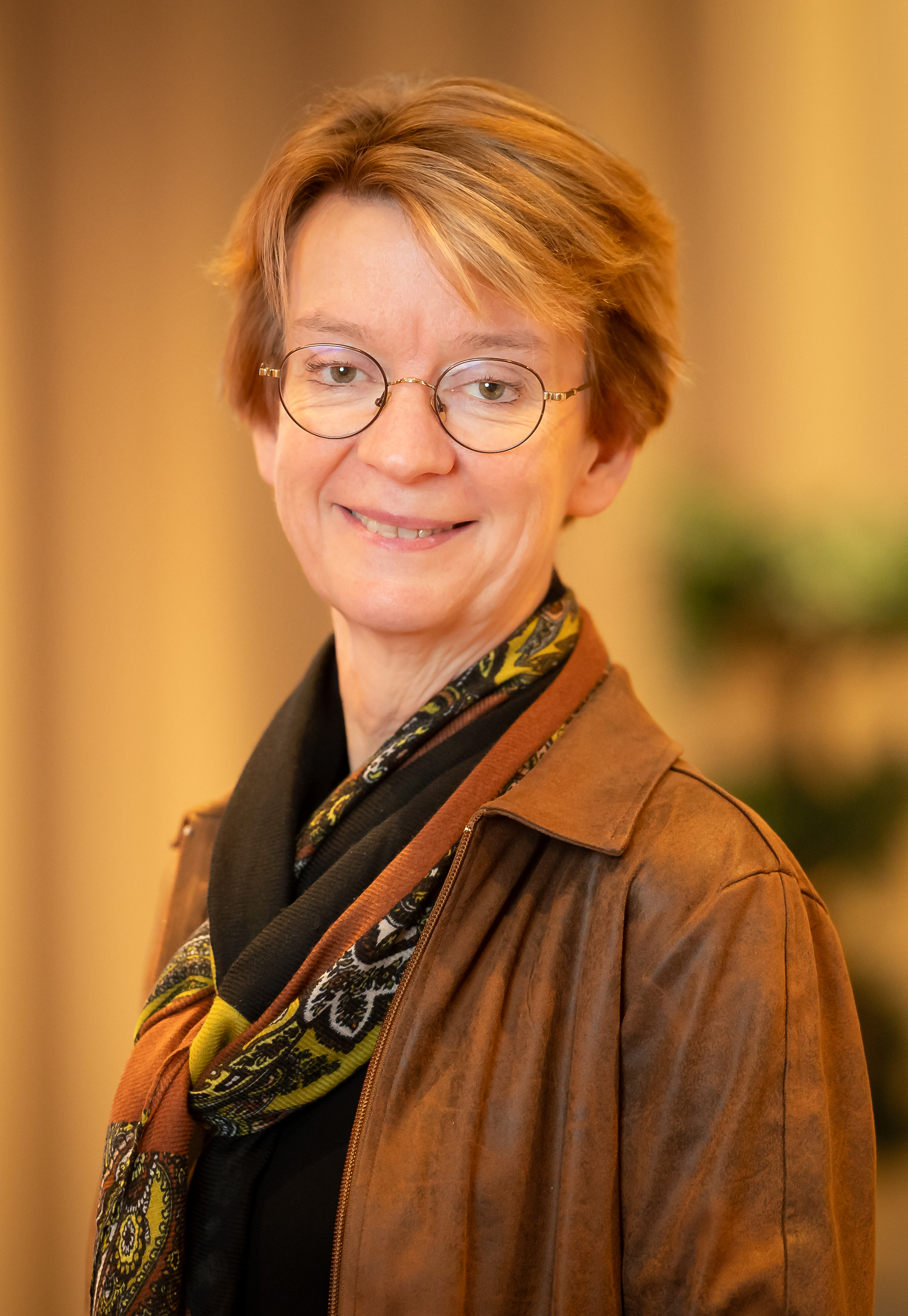
Every year, the IIASA Young Scientists Summer Program (YSSP) hosts around 50 young scientists for three months over the course of the summer to undertake a scientific project within the scope of their PhD on a topic related to the IIASA research agenda. In this Q&A, Carolien Kroeze, current Rector Magnificus of Wageningen University and 1991 YSSP participant, recounts her IIASA experience.
Carolien Kroeze
Q: How did the YSSP and your time at IIASA impact your career the most?
A: I participated in the Young Scientist Summer Program in 1991 and it was a wonderful experience. I am still in contact with some people from my YSSP year. I learned how important a scientific community and international network can be. Since then, I have been involved in several research activities with and at IIASA. I also presented many lectures at Wageningen University on the role of IIASA in transboundary air pollution control in Europe.
Q: As an IIASA alumna, has being a part of the IIASA network impacted you?
A: Yes, certainly. The IIASA network is strong and large, and being part of that helped me in my international collaborations. My scientific focus has always been on large-scale environmental issues. Integrated assessment models and scenario analyses help us to better understand the future and help to identify promising pathways. This requires not only interdisciplinary but also international collaboration. The IIASA network contributes to that.
Q: Could you share a few details highlighting your previous position and the nature of your job?
A: I have been chairholder of a group that is now named the Earth Systems and Global Change Group since 2016. I have also been Scientific Director of the Wageningen Institute for Environment and Climate (WIMEK) since 2019. WIMEK is one of Wageningen’s six graduate schools.
As a scientist my passion lies in interdisciplinary research and teaching. The groups that I chaired focus on water systems and global change, and on environmental systems analysis.
I pioneered new environmental models focusing on understanding the link between human activities and environmental pollution. My previous team analyses the future availability of clean water for humans, agriculture, and nature. Examples include large-scale models that are used throughout the world to simulate the trajectory of pollutants in, for example, rivers.
I studied Biology in Groningen, The Netherlands, and pursued a PhD in Amsterdam. I came to Wageningen for my postdoc in 1995 at the Environmental Systems Analysis group chaired by Prof. Leen Hordijk (who later became the director of IIASA). I also served as a part-time professor at the Open University of the Netherlands from 2009 to 2016.
Q: Congratulations once again on your recent appointment as Rector Magnificus of Wageningen University and Research. What are you most excited about in this role and are there points in your vision that you would like to share with us?
A: I am honored to be able to work as Rector Magnificus and Vice-President of Wageningen University & Research, which is a leading knowledge institute in the Netherlands and beyond for critical themes such as climate, biodiversity, and sustainable food production. We are training the next generation of experts who will be the change agents needed to realize the future that we want. The challenges related to food, water, climate, and nature are large and interconnected. We need to find answers to those challenges together: by integrating natural and social sciences, but also by reaching out to partners in society.
I enjoy working with the other members of the Executive Board to create the right conditions for excellent education and research. One important aspect I want to contribute to is our academic culture, and to new ways of recognizing and rewarding science and scientists: more flexible, more inclusive, more open, and more team science. I hope this will make our scientists happier, and therefore our science better.
Q: What impact would you like to make in this role?
A: Throughout my career my aim has been to enjoy the role that I had at that moment and to contribute to science, teaching, and society. This is what I also aim for now. We face an unprecedented global challenge in terms of climate change and sustainable food production.
Wageningen University & Research is a unique organization that can make a contribution. However, when tackling the problems we face, we must work together with others in Wageningen, The Netherlands, and abroad. My lessons learned at IIASA about the value of international collaboration will be an inspiration for me.
Note: This article gives the views of the author, and not the position of the IIASA blog, nor of the International Institute for Applied Systems Analysis.
